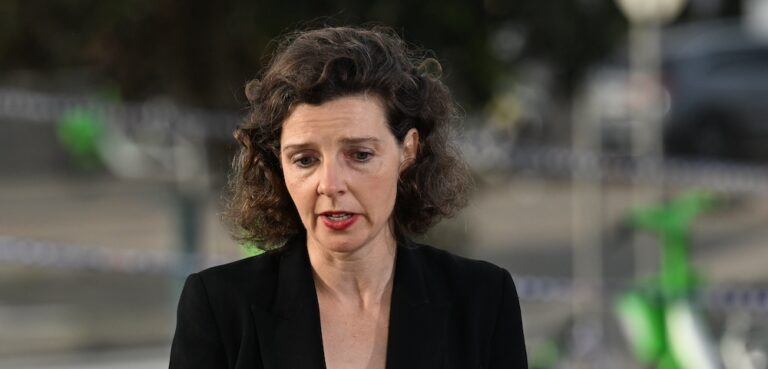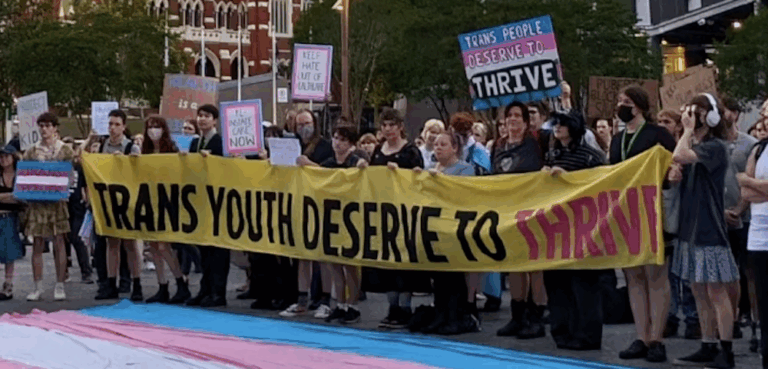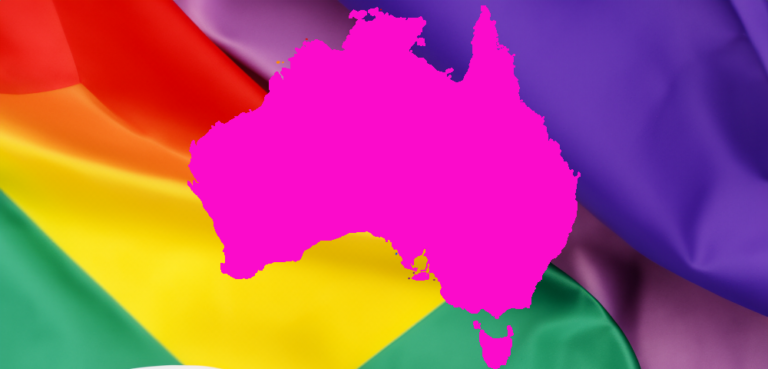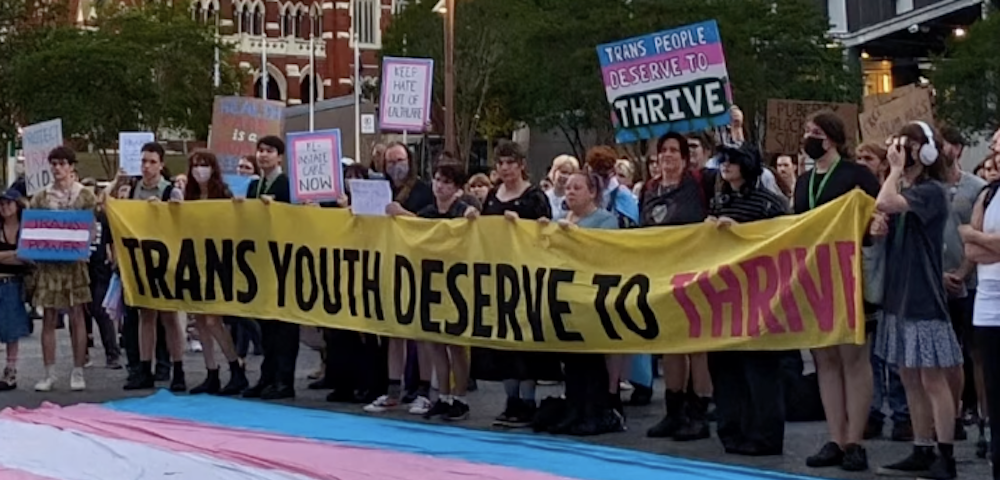
Poland Prosecutes IKEA Manager

Poland continues its slide down the scale when it comes to LGBTQI rights. In the latest incident, an IKEA HR manager could face up to two years in prison over the sacking of a Catholic employee who had called for death to LGBTQI people.
Experts in Australia have drawn parallels to the proposed Religious Discrimination Bill, that Equality Australia has said “will privilege certain religious views to the detriment of LGBTQI people, women, minority faith communities and people with disabilities.”
A Warsaw prosecutor, who initiated the prosecution, reportedly claimed that the employee faced prejudice over expressing his “Christian beliefs” and his religious rights had been violated.
The Swedish furniture giant has said that it will stand by the manager. “As an employer, we will provide all the help and support to our charged employee,” a spokesperson for the Ingka Group told the Associated Press. If convicted, the manager faces a jail term of up to two years and a fine.
Star Observer spoke to legal and policy experts about how such a case would have been treated if the proposed Religious Discrimination Bill is enforced.
“Workers should not face legal sanctions for enforcing company policy on LGBTQI inclusion. Discrimination under the guise of ‘religious belief’ should not be tolerated in any workplace, and those that stand up against it should not be punished,” said Nevena Spirovka, co-convenor, Victorian Gay and Lesbian Rights Lobby.
Alastair Lawrie, LGBTQI anti-discrimination expert said that the Poland example shows that if Australia passes the Religious Discrimination Bill, it could be heading down a dangerous path.
“This case in Poland is a scary glimpse of the future religious fundamentalists want for Australia. A future where LGBTQI Australians lose existing rights to not be discriminated against at work. And where organisations that try to provide a safe workplace for all their employees, irrespective of sexual orientation, gender identity or sex characteristics, are prevented from doing so.”
Lawrie pointed to provisions in the bill – Clause 42 – that exempts ‘statements of belief’ from all other Commonwealth, state and territory anti-discrimination laws. “It would make it much, much easier to make anti-LGBTQI comments at work, in health, education and community services, in sport, at shops, cafes and restaurants. The Religious Discrimination Bill gives a green light to religiously-motivated homophobia, biphobia, transphobia and intersexphobia in all areas of public life.
“The Religious Discrimination Bill also directly over-rides Tasmania’s best practice Anti-Discrimination Act 1998, undermining prohibitions on conduct that humiliates, intimidates or ridicules people on the basis of who they are. That sums up the ‘religious freedom’ agenda in 2020: making it easier for bigots to make life difficult for LGBTI Australians.”
Star Observer asked Lawrie about a hypothetical situation whether an employee in similar circumstances could file a discrimination complaint under the Religious Discrimination Bill.
“It is possible that an employee terminated in similar circumstances in Australia would be able to lodge a discrimination complaint under the Religious Discrimination Bill. Whether that complaint was successful would depend on a range of factors, including whether the manager’s response was considered ‘reasonable’ in the circumstances,” explained Lawrie.
The fear is that if the Religious Discrimination Bill comes into force, organisations and managers could avoid initiating disciplinary or other proceedings against employees who cite religious beliefs to make anti-LGBTQI statements at the workplace.
“That culture, of condoned condemnation, stems from the ‘Folau’ clause which seeks to protect homophobia, biphobia, transphobia and intersexphobia other than in the course of the employee’s employment, similar clauses that prevent professional registration bodies from taking anti-LGBTQI comments into account when deciding whether someone is a ‘fit and proper’ person, as well as Clause 42 which largely exempts bigoted statements of belief from constituting discrimination under all Commonwealth, state and territory laws,” said Lawrie.
The present prosecution in Poland stems from an incident last year at IKEA’s Krakow branch. In June 2019, IKEA published an article on its internal website to celebrate the International Day Against Homophobia, Biphobia and Transphobia. The employee identified as Tomasz K responded with comments quoting Biblical passages.
“One of our employees published a comment under the article, expressing his opinion in a way that could violate the good and dignity of LGBT+ people. In addition, the employee actually used quotes from the Old Testament about death, blood in the context of what fate homosexuals should face. Many employees affected by this entry contacted our human resources department,” Ikea said in a statement.
Ikea terminated the contract with the employee, following which the company faced boycott calls from political leaders affiliated to Poland’s ruling party, including Justice Minister Zbigniew Ziobro.
In May 2020, ILGA-Europe had ranked Poland as the worst country in Europe for LGBTQI rights.
“Hateful rhetoric from the government and the Church, and violence at Pride marches went hand-in-hand” in 2019, ILGA-Europe noted. In August 2019, the Krakow Catholic Archbishop Marek Jedraszewski called the LGBTQI movement a “rainbow plague.” Earlier this year in March, 80 towns across Poland had declared that they were “LGBT-free zones” or “free from LGBT ideology”.










